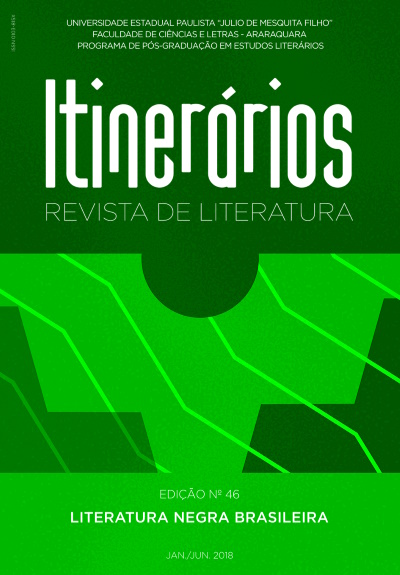The organic intellectual and the bandido: the periferia as a site of black civic engagement in Ferréz’s Manual prático do ódio
DOI:
https://doi.org/10.58943/irl.vi46.10742Keywords:
Black counterpublic, Civic engagement, Criminality, Critical consciousness, Organic intellectual,Abstract
In this paper, I argue that Ferréz’s novel, Manual prático do ódio, functions as an alternative public sphere, or black counterpublic, where the problems periferia youth face are addressed and critiqued through two archetypal figures: the bandido and the organic intellectual. These two archetypes represent a dichotomy of responses to the unjust world surrounding periferia youth: the temptation of money and power through drugs and violence versus the possibility of social engagement through cultural projects that celebrate their African ancestry. The illusion of power embodied in the bandido raises questions as to the durability of crime as a quick solution to social inequity. Functioning as a foil to the bandido and his crew, a figure that seems out of place suddenly emerges: the organic intellectual. This figure has a minor role, but his fora de lugar (out of place) positioning allows him to see his community’s self-worth through his ancestors’ culture and history, thereby embodying what Paulo Freire defines as critical consciousness. The tension, therefore, between these two figures functions as a debate within the counterpublic of the periferia as to what is the best course of action in terms of providing urban youth with legitimate options to empower themselves.
Downloads
Published
Issue
Section
License
Os manuscritos aceitos e publicados são de propriedade da revista Itinerários. É vedada a submissão integral ou parcial do manuscrito a qualquer outro periódico. A responsabilidade do conteúdo dos artigos é exclusiva dos autores. É vedada a tradução para outro idioma sem a autorização escrita do Editor ouvida a Comissão Editorial.

